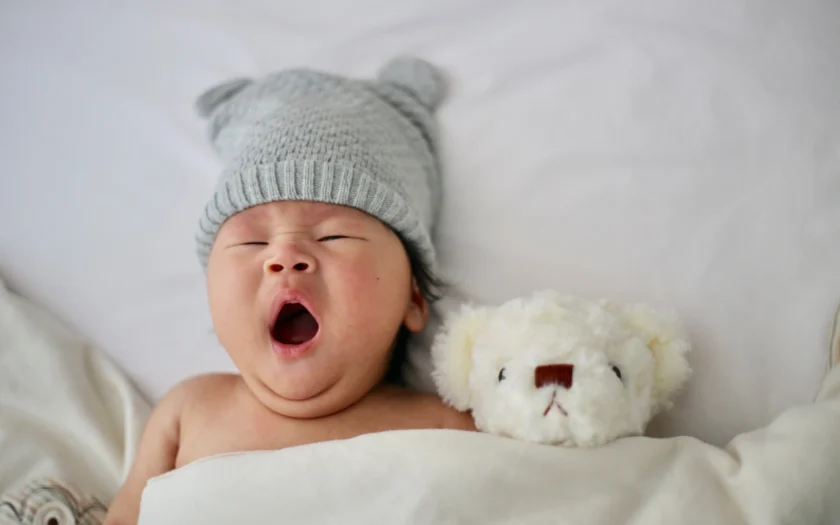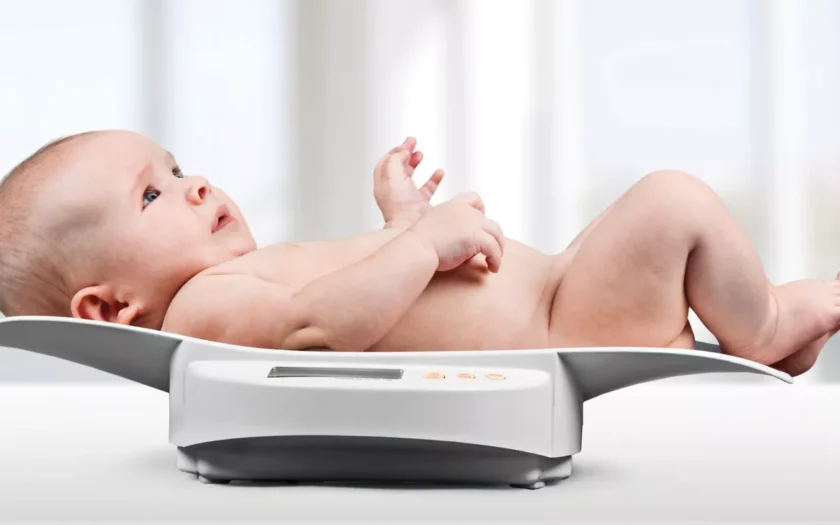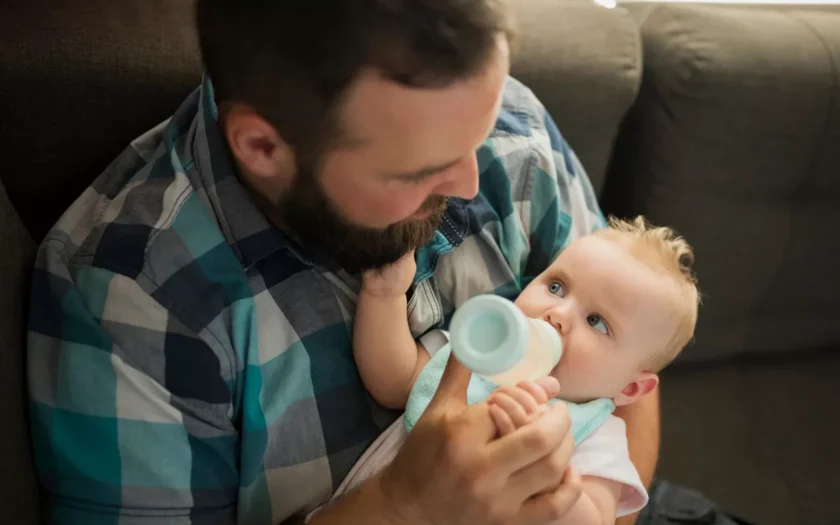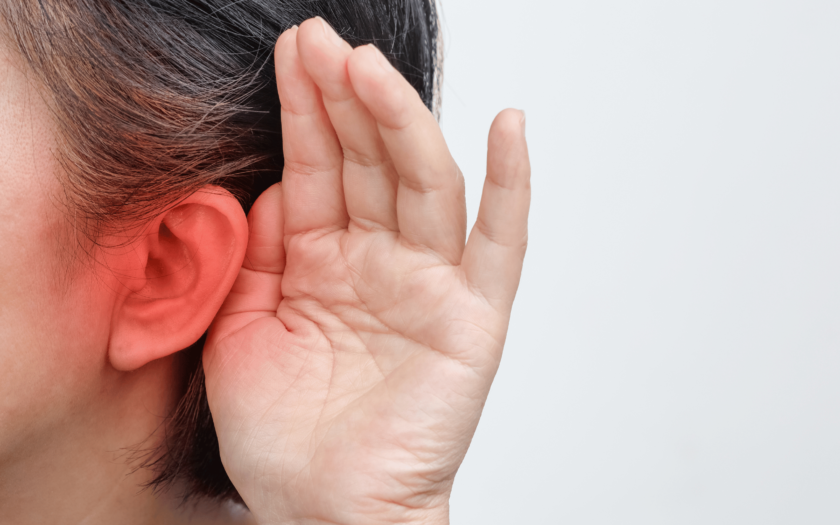Babies spend a significant portion of their early days sleeping, and it’s natural to wonder what might be happening in their little minds during those long stretches of slumber. While it’s impossible to ask them directly, scientific research offers some fascinating insights into baby dreams, suggesting that even the youngest among us might be experiencing something akin to dreams.
The Science of Baby Dreams
It’s widely believed that babies do, in fact, dream—at least to some extent. This idea is supported by the presence of REM (Rapid Eye Movement) sleep in infants. REM sleep is a phase of the sleep cycle where most dreaming occurs in adults and older children. According to Kelsey Alford, CPNP-PC, a pediatric nurse practitioner, the brain is thought to be processing stored memory during REM sleep, which suggests that babies could be dreaming.
What Do Babies Dream About?
While we can’t know for sure what babies dream about, we can make educated guesses based on what we understand about their development and experiences. Given their limited experiences, baby dreams are likely very different from those of older children and adults. Instead of complex narratives, their dreams might consist of simple images, sensations, or feelings—perhaps related to their daily experiences, such as the faces of their parents, the warmth of being held, or familiar sounds.
Some scientists speculate that babies might even dream about their time in the womb, processing the sensations and sounds they experienced before birth. However, these dreams are probably quite basic, reflecting their still-developing cognitive abilities.
Do Babies Have Nightmares?
The good news for parents is that babies are unlikely to experience nightmares. While infants do display behaviors like grimacing or making small cries during REM sleep, these are not believed to be related to fear or bad dreams. Instead, such behaviors might be linked to more immediate needs, like hunger or discomfort from a wet diaper.
Nightmares, as we understand them, are more likely tied to cognitive and emotional development that occurs later in childhood. According to Sarah Bossio, a certified pediatric sleep expert, children typically begin to experience nightmares around age 2, with the frequency of nightmares peaking between the ages of 3 and 6. This coincides with the development of imagination and the ability to understand and process more complex emotions and scenarios.
Conclusion
While the exact content of baby dreams remains a mystery, it’s comforting to know that babies likely do dream, even if those dreams are simple and tied to their immediate experiences. As they sleep, they may be processing the world around them in their unique, developing way. So the next time you watch your little one sleep, you can imagine them drifting through a dream world filled with the familiar warmth, sounds, and sensations of their early life.



